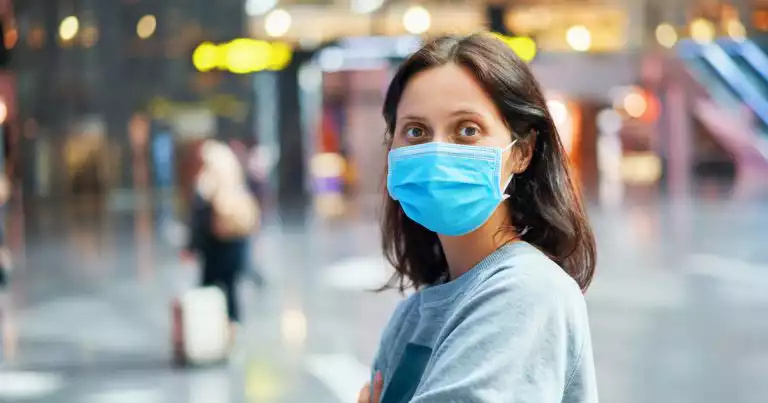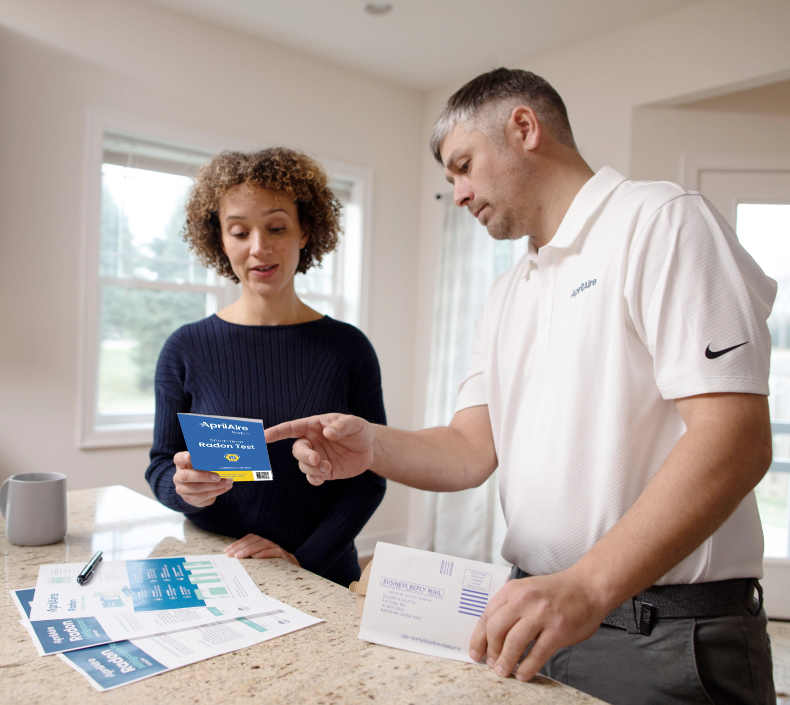Experts Say Flights Can Resume, But Bring Increased Risks
2 minute read
Air quality experts say that it is safe to resume flying, but travelers must take advanced precautions before traveling like taking shorter flights when possible, wearing masks, and social distancing.
In an opinion piece for The Washington Post, Joseph Allen, an assistant professor of exposure assessment science at Harvard T.H. Chan School of Public Health, makes the case that airplanes do not make you sick. In fact, airplanes have comparable levels of air filtration and fresh air ventilation to a health care facility.
Flights Can Resume May Be Less Comfortable
He argues that airlines should continue disinfecting high-touch areas such as armrests and tray tables, stop in-flight food service, mandate mask-wearing, and ask patrons to keep their above ventilation fan on throughout the flight. While these adjustments make flying less enjoyable, they can help reduce in-flight virus transmission. Masks are currently required on public transportation.
Allen is not the only one saying it is safe to resume flying.
‘Safer Than Eating At A Restaurant’
Linsey Marr, an engineering professor at Virginia Tech, in a CNN article writes, “When HEPA ventilation systems are running on a plane and everyone is masked, the risk of Covid-19 is greatly reduced and makes air travel on a big jet safer than eating at a restaurant.”
Activities Create Biggest Risks
She and Allen argue that the biggest risks in airline travel stem from activities like the pre-flight boarding process or when a flight is delayed and people are stuck on the plane. Marr, who has been wearing an air quality monitor when she travels, said CO2 levels are elevated during these aforementioned activities and are indicative of a lack of fresh air ventilation.
Marr told CNN that “A CO2 (carbon dioxide) level of 3,000 ppm means that for every breath I take in, about 7% of the air is other people’s exhaled breath…like drinking someone else’s backwash!”
The airport also presents other problems for travelers.
Allen suggests airports create more touchless experiences, upgrade their HVAC system, and require masks. Some updates have already been implemented in some airports or will be implemented in the future.
Other experts suggest carrying your own personal hand sanitizer, disinfectant wipes, and sticking to shorter flights.
Even though there are risks to flying, Marr and Allen say you are clear for takeoff this summer.
